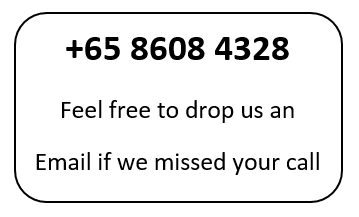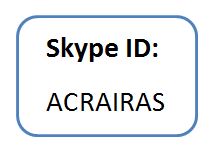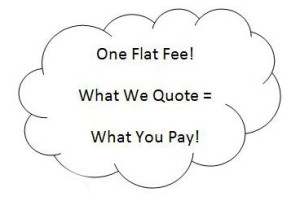What Is Required For Corporate Tax Filing In Singapore?
Inland Revenue Authority of Singapore (IRAS) and Accounting and Corporate Regulatory Authority of Singapore (ACRA) require companies in Singapore to do annual filing of their returns.
Tax Filing Requirements Required By IRAS
All companies are required by IRAS to file their annual income tax return by submitting the following documents by 30 November or 15 December.
Filing Singapore corporate tax for your company is a legal requirement that should be adhered to. You should make sure that you have prepared the required financial statements and computed your tax. The filing is climaxed when you fill out your company’s Form C or Form C-S.
Therefore, engaging a professional firm in Singapore to assist you in filing your corporate tax is important in the eyes of many businesses.
Tax Computation for Singapore Corporate Tax Filiing
This is a statement showing the amount of tax that your company should pay to the IRAS. The tax is computed by making adjustments to the net profit to arrive at the amount of tax payable. Net profit does not provide the amount that should be charged to tax since some income is not tax chargeable and some expenses are not tax deductible.
The Audited and Unaudited Financial Accounts for corporate Tax Filing in Singapore
Financial accounts consist of the Statement of Comprehensive Income (profit and loss account), Statement of Financial Position (Balance Sheet), Cash Flow Statement and Statement of Changes in Equity. Whether to submit audited or unaudited financial accounts depends on the company. If your company does not have corporate shareholders and has less than 20 share holders with a turnover not exceeding $5 million, then it can submit unaudited financial accounts. Other companies who do not fulfill these conditions should provide audited accounts to IRAS.
Form C or C-S for Singapore Corporate Tax Filing
You should fill this form to declare the income of your company. The form should be filed annually irrespective of whether it is making profits or losses. You should file the form together with the above documents by 30 November (Form C) or 15 December (Form C-S). If you file the form late or fail to file, you will be required to pay a penalty by the IRAS.
Singapore Corporate Tax Filing – Things to Note
If you are small business that falls under the definition as prescribed by IRAS, then you can file Form C-S instead of Form C. This is subjected to conditions being met.
Filing of Estimated Chargeable Income In Singapore
Apart from the above documents as from 1 January 2009, a company should declare the amount of chargeable income in the ECI form. This is an estimate of the taxable income for the year of assessment. You should submit the form to the IRAS within 3 months after the end of the accounting period even if the chargeable income is nil. The IRAS uses it to make an estimate of the amount of tax you should pay.
If you fail to file and submit the ECI form, then IRAS will make an estimation of your chargeable income and you will be sent a notice of assessment. If you have an objection and you don’t object to the notice within 30 days, the IRAS will consider the notice final and you will be required to pay that amount of taxes even if it is incorrect.
At J Accounting Services, there are company taxation services available that could help you in your corporate tax filing. Your company tax returns need to be first prepared before the tax filing submission can be done. If you would like us to help in your company tax filing, do contact J Accounting Services for more details.




